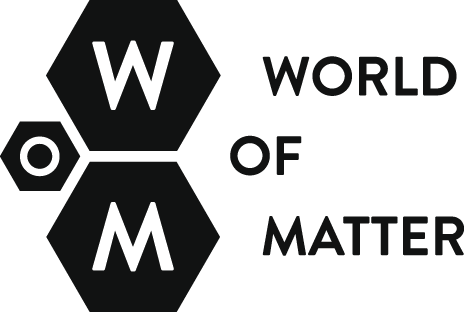ANALOGUE WORLDS
If you look closely at the image, you may see the grain of the film dancing around. The camera we used is from the 1980s, the same period when many of the trawlers were built. A ship burns 35,000 litres of fuel a week in order to haul thirty tonnes of fish out of the sea, and our camera exposed eight kilometres of cellulose acetate to capture this enterprise on film. Had we opted for the technology that prevails today, such a material endeavour would not have been necessary. The new instruments translate the physical world into immaterial data. But, freed from the grip of utility, our obsolete tool trains us to observe the analogous. Thus we look for common ground and become part of the terrain that we explore.
When we present the script to the fishermen for feedback, they suggest adding another scene. They are improving their ships and trying out new gear. Despite their inclination to stick to tradition, the sea has taught them to absorb instability. Leaning into the wind, rolling with the waves and tying down what is not fixed occurs just as intuitively as we move our cinema-eye to follow what unfolds. It’s embodied knowledge.
ANALOGUE WORLDS
Artist/Author: Lonnie van Brummelen / Siebren de Haan
If you look closely at the image, you may see the grain of the film dancing around. The camera we used is from the 1980s, the same period when many of the trawlers were built. A ship burns 35,000 litres of fuel a week in order to haul thirty tonnes of fish out of the sea, and our camera exposed eight kilometres of cellulose acetate to capture this enterprise on film. Had we opted for the technology that prevails today, such a material endeavour would not have been necessary. The new instruments translate the physical world into immaterial data. But, freed from the grip of utility, our obsolete tool trains us to observe the analogous. Thus we look for common ground and become part of the terrain that we explore.
When we present the script to the fishermen for feedback, they suggest adding another scene. They are improving their ships and trying out new gear. Despite their inclination to stick to tradition, the sea has taught them to absorb instability. Leaning into the wind, rolling with the waves and tying down what is not fixed occurs just as intuitively as we move our cinema-eye to follow what unfolds. It’s embodied knowledge.


